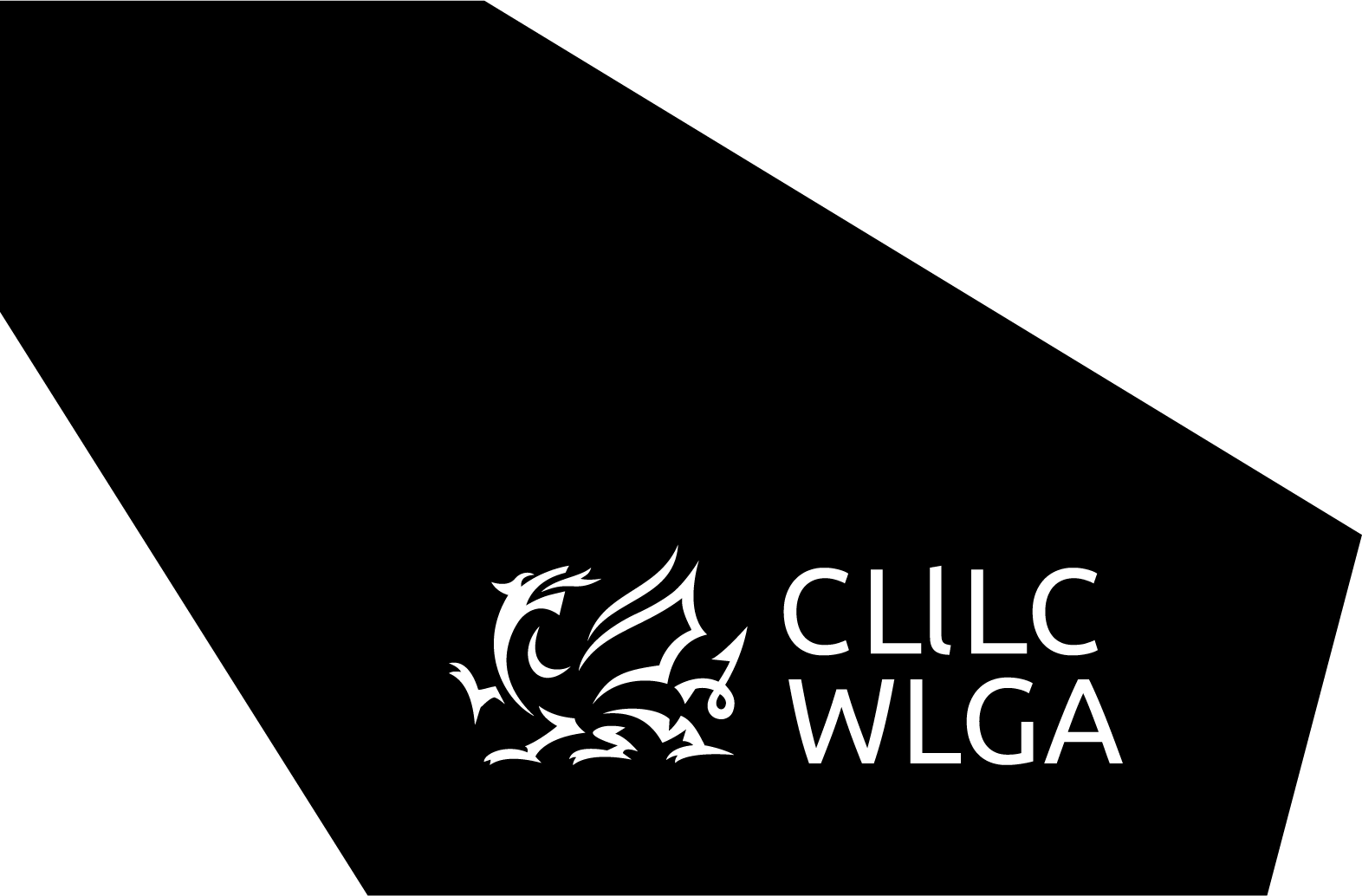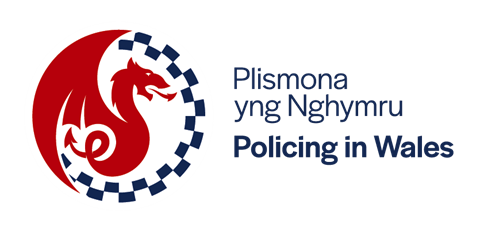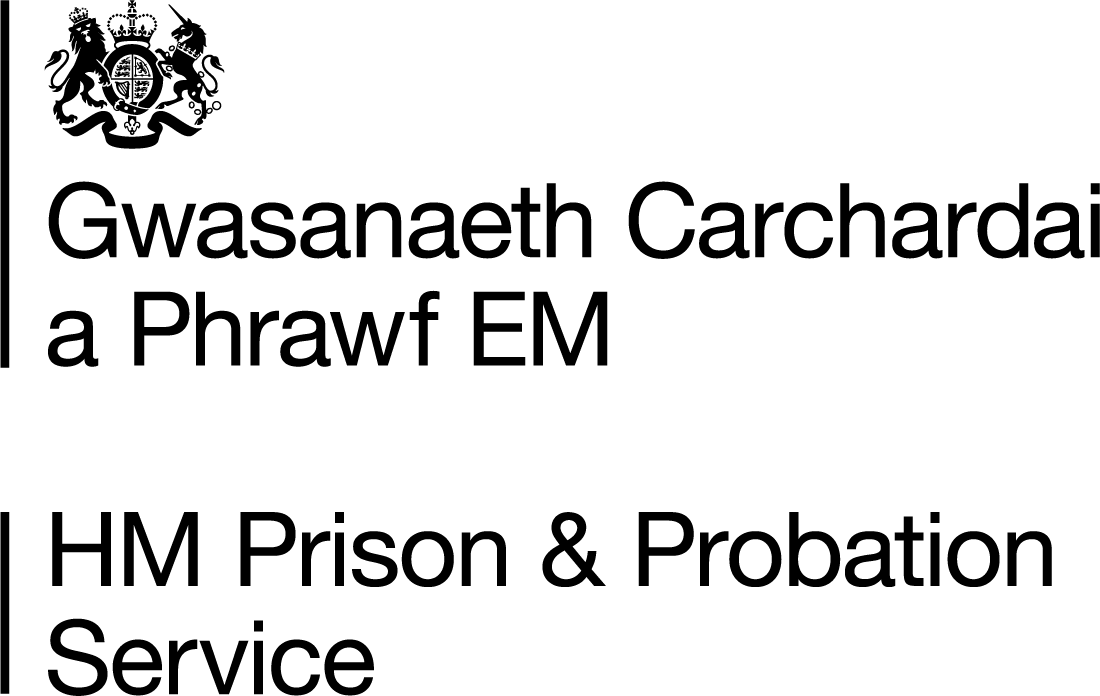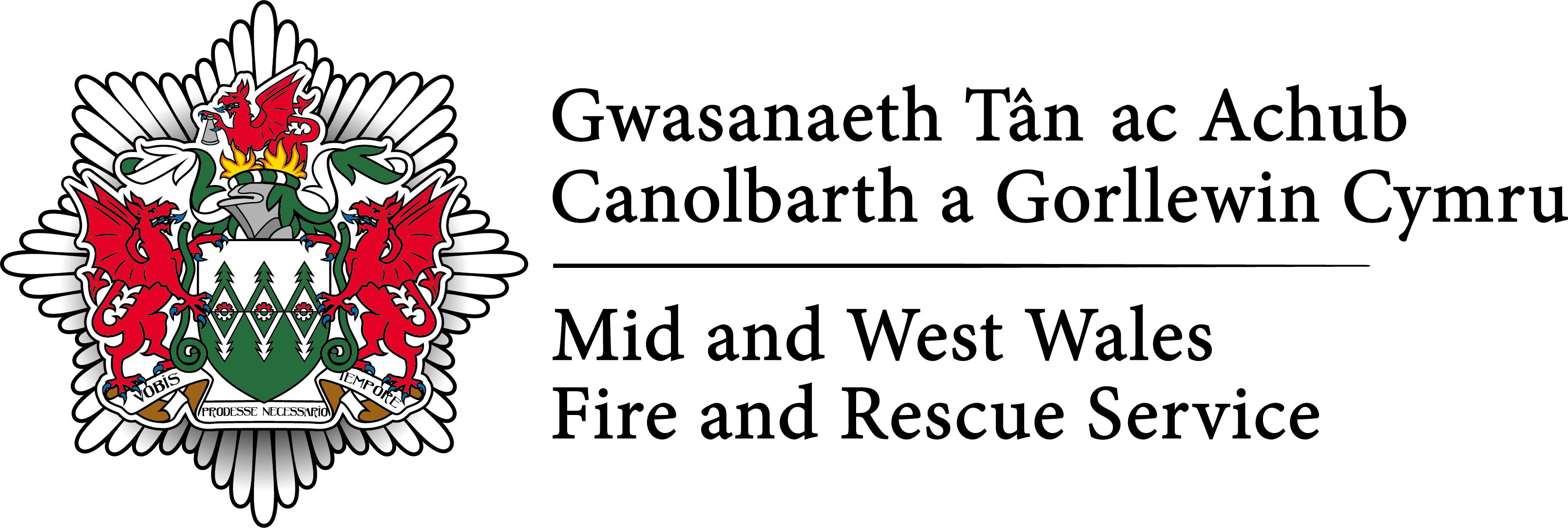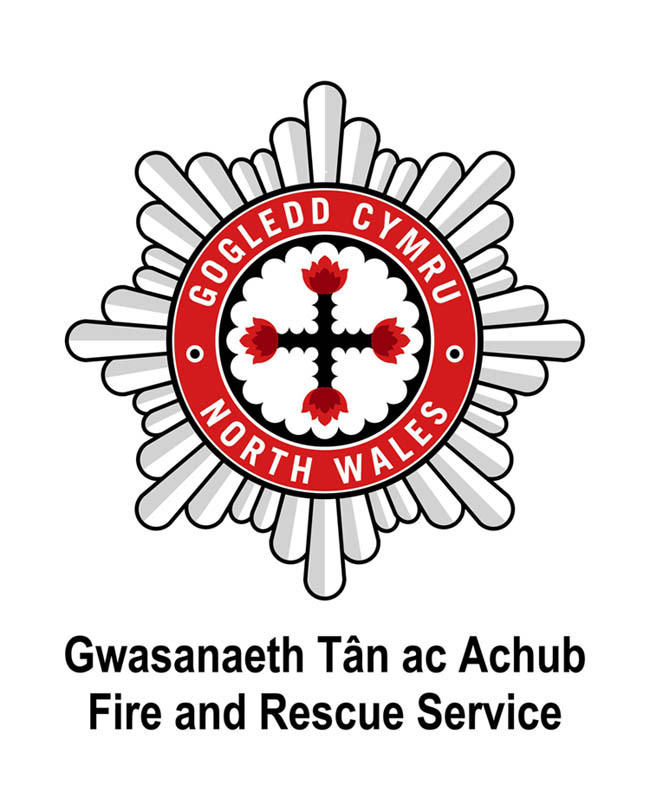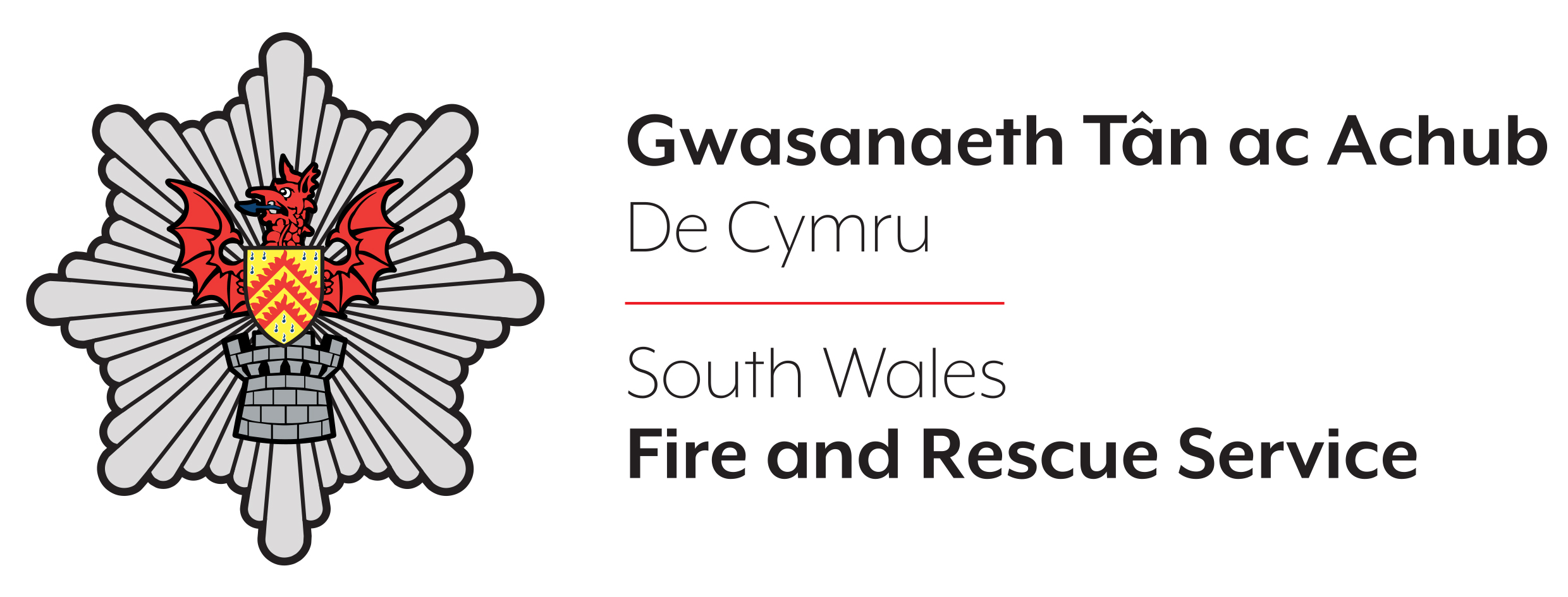- Modern Slavery Act 2015, section 2 provides the legislation around arranging or facilitating the travel of another person with a view to exploitation. Section 3 of the Act defines the meaning of exploitation.
- Asylum and Immigration (Treatment of Claimants etc) Act 2004 provides the legislation for all non-sexual exploitation prior to 2015.
- Borders, Citizenship and Immigration Act 2009 sets out a duty to safeguard and promote the welfare of children who come to the UK.
- Trafficking People for Exploitation Regulations 2013 protects those trafficked from criminal exploitations and puts in measures to protect victims.
- Protection of Freedoms Act 2012 allows a UK national to be prosecuted for committing the crime of trafficking in any country of the world, and criminalises trafficking within the UK for non-sexual exploitation.
- Sexual exploitation is covered by the Protection of Children’s Act 1978 and Sexual Offences Act 2003.
- Home Office has published statutory guidance on how to identify and support victims of modern slavery.
- All Wales Practice: Safeguarding children who may be trafficked is statutory guidance for practitioners in agencies effectively safeguarding children.
- A Slavery and Trafficking Protection Order (STPO) can only be made if a defendant has been convicted of a trafficking or slavery offence and the court is satisfied that there is a risk they may commit further offences and it is necessary to protect others from harm, a breach is punishable with up to five years imprisonment.
- Slavery and Trafficking Risk Orders (STRO) can be made without a conviction but is deemed to pose a risk of harm and it is necessary to protect others. A breach is also punishable with up to five years imprisonment.
- Directory
- Topics
- All Topics
- Anti-Social Behaviour & Disorder
- Crime & Crime Prevention
- Equalities, Inclusion & Cohesion
- Modern Slavery & Exploitation
- Offending & Justice
- Public Safety
- Safeguarding & Early Intervention
- Serious Violence & Organised Crime
- Terrorism & Extremism
- Violence Against Women, Domestic Abuse & Sexual Violence
- Latest Updates
- Training
- Media Centre
- Research
- About








